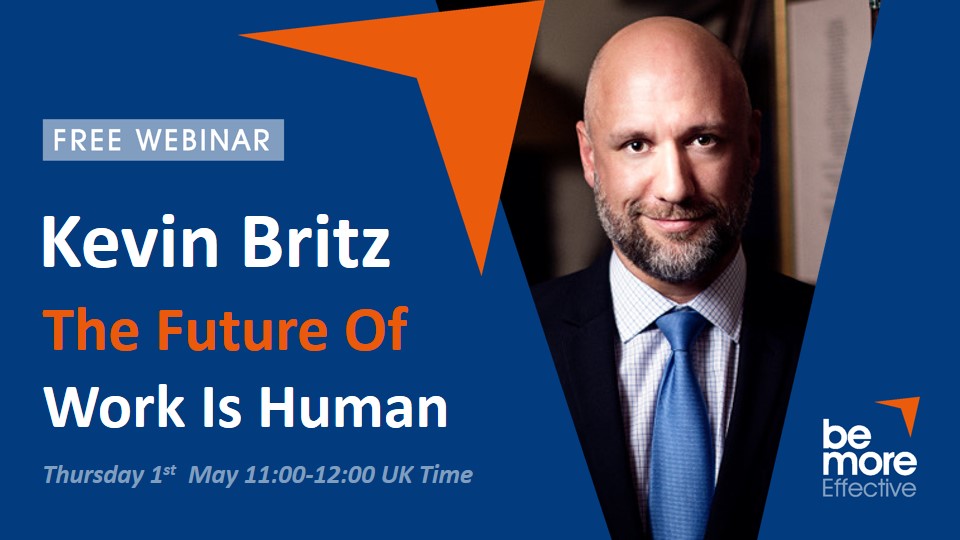What are these turbulent times in Ghana
As part of the opening to the conference in Ghana ~ "Managing employees during turbulent times" it seemed appropriate to define what we meant by "turbulent times" and also "management problems"
In discussing what 'turbulent times' meant in Ghana these were amongst the thoughts expressed by the delegates
- No bank loans to start or expand business
- Lack of Infrastructure & Transportation problems
- National Service
- Brain drain - loss of talent to other companies and other countries
- The constant pressure by employees for wage increases
- The constant pressure by the companies for an increase in productivity
- Inward Business development or aid has been reduced recently
- Jobs with no respect that no one wants to do
- Is the growth rate fast enough for the young?
- National deficit ~ $8b & rising + low growth
Some of the obvious management problems visible in the national news were...
- Vodafone growth 15%, with 11% in Africa yet a declaration to a $1Billion cost reduction
- Junior Doctors versus Government negotiation were being rescheduled again with the Doctors saying ~ " we are not in a hurry to go back to work"
- The Police are being asked to lead the crusade to eliminate crime and yet face social problems of their own including poor housing and logistics
- The School Teachers were resisting a move from a 4 years ciriculum to a 3 year version...
On reflection the problems sited in Ghana would in the main be those listed by an audience in the UK and probably in any country; with the exception of items like National Service, altough I'm sure some in the UK would be calling for it's re-introduction...
The twin debate proposed by the conference is the age old cherry - how do we get high levels of productivity while remaining fiscally prudent..?
Can you do all the soft and fancy stuff to produce a highly engaged and productive workforce while keeping the purse strings tight..? Are these two key business imperatives mutually exclusive? are they "chicken and egg"? Can you have both? If so which one comes first?
Former Ghana President Jerry John Rawlings has part of the answer..
"What is required is the integrity of leadership and ability to empower the people. Leadership should have confidence in our people and not feel intimidated by empowering them..."
In my opinion - you can have both and it is not chicken and egg ~ the answer is to go for engagement, to go for heart and mind, for by winning that you gain the productivity you desire.
If you push too hard on the numbers and force the speed and restrict all the budgets then you risk killing morale and the disretionary effort which underpins success.
Still we had a couple of hours to debate these ideas in Ghana and to study the theories and the facts...
What are your thoughts on the matter..?
Next time I'll look at Performance Management as introduced by Roy Braxton at the conference.
For more information please send a message via the Contact Us Page. Or you can register for an upcoming webinar.


